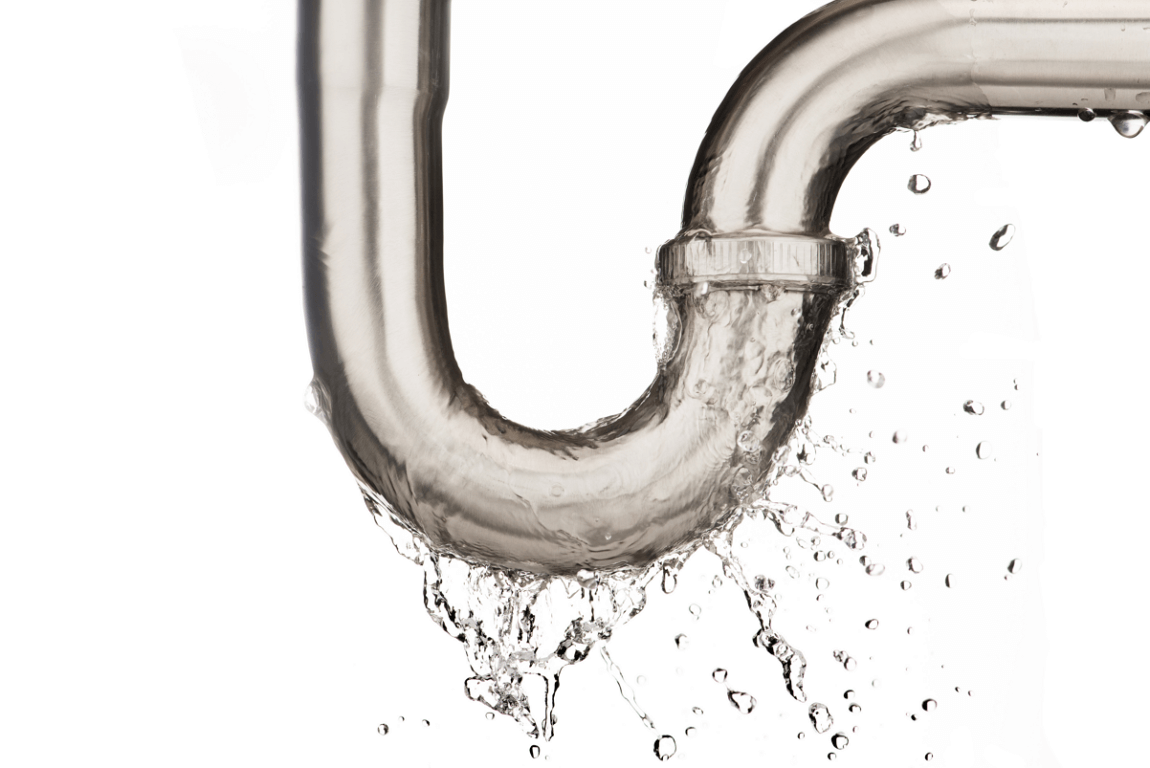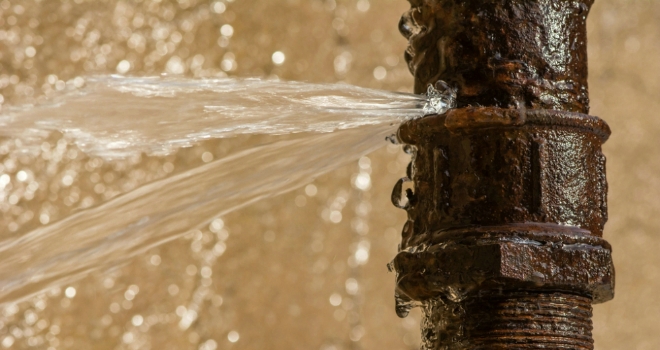The 5 Usual Sources of Water Leaks
The 5 Usual Sources of Water Leaks
Blog Article
What're your ideas on How to Find and Prevent Water Leaks in Your Home?

"Be cautious of little costs. A tiny leak will certainly sink a fantastic ship." - Benjamin Franklin.
He couldn't have actually been much more ideal because water leaks in our homes lead to a waste of resources, increasing our water costs. This increase might appear negligible at initially, it can lead to considerable expenditures that can break your bank. Apart from an increase in costs, water leakages additionally cause unwanted organic growth, architectural damages, as well as even electrical threats.
Identifying if you have a water leak isn't constantly simple due to being unable to see the majority of the pipework in your house. If you have had a boost in your water bills lately, observed water spots on wall surfaces and ceilings, scented poor odor, etc. You might wish to take into consideration requesting plumbing solutions to get it checked out.
There are several root causes of water leakages, as well as we have actually compiled the common reasons listed below. Inspect to see if you have actually had associated concerns in your home lately.
Deteriorated pipe joints
Pipe joints are the parts of our plumbing system where the pipelines link. It is vital to keep in mind that also though pipes are developed to endure pressure as well as last for a while, they weren't created to last forever; for that reason, they would certainly wear away over time. An usual sign of harmed pipeline joints is excessive noise from faucets.
High water stress
You saw your residence water stress is higher than typical however then, why should you care? It runs out your control.
It would be best if you cared due to the fact that your typical water stress should be 60 Psi (per square inch) as well as although your house's plumbing system is developed to hold up against 80 Psi. A boost in water stress can put a pressure on your house pipes and also cause splits, or even worse, ruptured pipes. If you ever before notice that your residence water pressure is higher than common, connect with a specialist regarding controling it.
Rust
As your pipework grows older, it obtains weaker and a lot more at risk to rust after the regular passage of water via them, which can gnaw at pipelines and also trigger splits. A visible sign of rust in your home plumbing system is staining and although this could be difficult to discover as a result of a lot of pipes hidden away. Once they are old to guarantee an audio plumbing system, we recommend doing a regular examination every few years as well as alter pipes
Obstructed drains pipes
Food fragments, dust, and oil can trigger clogged drains pipes and block the passage of water in and out of your sink. Increased pressure within the rain gutters can end as well as cause an overflow up cracking or rupturing pipelines if undealt with. To avoid blocked drains in your home, we recommend you to avoid putting bits away and regular cleansing of sinks.
Damaged seals
Another root cause of water leakages in houses is damaged seals of residence appliances that make use of water, e.g., a dishwashing machine. When such home appliances are mounted, seals are installed around water ports for simple flow of water with the device. Hence, a busted seal can cause leak of water when being used.
With little or no understanding of plumbing, recognizing your house's plumbing system enough to deal with a few of these problems (without consequence) can be a trouble. Get in touch with plumbing specialists in Pittsburgh, Providence, Rochester, as well as environ today, as well as they'll make those issues vanish.
He couldn't have actually been much more ideal due to the fact that water leaks in our residences result in a waste of sources, enhancing our water bills. If you have had a rise in your water expenses recently, noticed water stains on ceilings as well as wall surfaces, smelt poor smell, and so on. A rise in water pressure can put a strain on your residence pipes and lead to cracks, or worse, ruptured pipes. Another reason of water leakages in homes is damaged seals of residence devices that utilize water, e.g., a dishwasher. When such appliances are set up, seals are set up around water adapters for easy flow of water with the device.
5 TIPS IN DETECTING A WATER LEAK IN YOUR HOUSE
Water leaks can be hard to find in your home, yet they can be so common. We rely on water every day in our home, which is why a leak can cause big problems. By detecting them early, you can save money and further damage, getting the problem fixed as soon as possible. Here are 5 tips to help you detect a water leak in your home, so you can contact a plumber straight away and get the issue sorted.
Check your water meter
Many people underestimate the value of the water meter in their home. It can be one of the best ways to tell if you have a leak early on, so you can get on top of it before issues start arising. Start by turning off all the water in your home: taps, washing machine, dishwasher, etc. Now take a look at the meter – if it’s still changing with everything turned off, it’s likely you have a fast-flowing leak that you need to get on top of straight away. If nothing changes, then leave your meter for an hour or two and come back to it. Did it change in this time? It’s likely you have a slower leak, which isn’t as urgent but still handy to get fixed so it doesn’t become a bigger problem.
Keep an eye on your bill
Another good way to detect a leak in your home is by keeping an eye on your water bill. It helps if you have a past bill from the same period of time. You can compare like for like and determine whether your water usage has increased significantly. If it has, there may be a leak in your system that you haven’t picked up before. A professional plumber can check through all of your pipes and determine where it is coming from.
Look for damage
If you have a leak inside your home, you will notice damage over time. Take a look at your showers and bathtubs and note whether any of the tiles surrounding the area seem to be discoloured or damaged in any way. There may be water stains, mould or peeling material that has resulted from a build up of moisture over time. Make sure you take a look under sinks at the back of cupboards that don’t get accessed regularly. This is where damage can go unnoticed and build up over periods of time.

Do you really like reading about Where to Find Water Leaks? Post a remark below. We'd be pleased to listen to your views about this page. In hopes to see you back again later on. Are you aware of anybody else who is excited about the topic? Please feel free to promote it. Thanks for your time. Don't forget to visit our website back soon.
Get sorted, dial now! Report this page